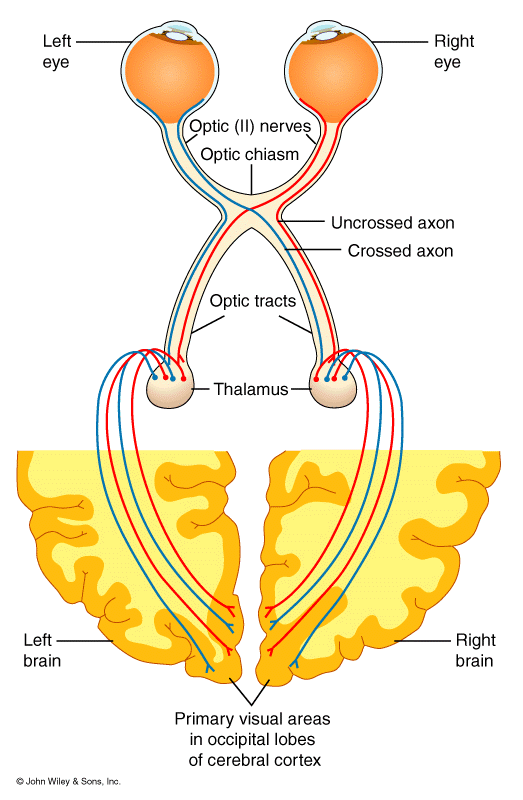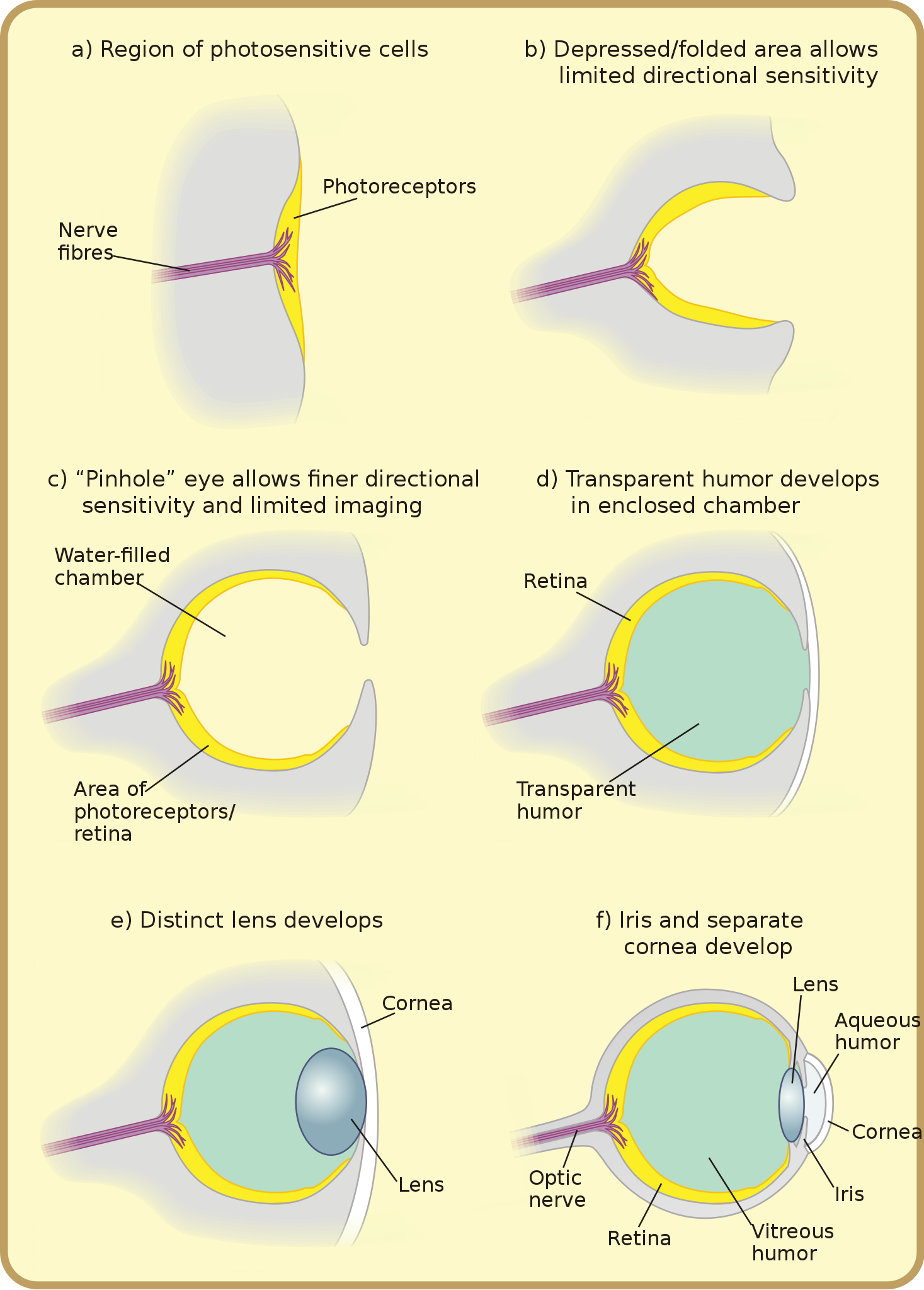
Welcome to this yearlong journey through the 12 cranial nerves. We are spending the month of August exploring the optic nerve, which allows us to perceive light (and therefor also darkness) via the retina.
Do you suffer from lack of sleep? So many people I know are struggling to get enough sleep since the increase of political & racial violence, accelerated climate crisis, and the COVID pandemic converged into one hot mess.
The ways that we used to sooth ourselves aren’t working any more. One thing I find myself doing to cope is being online more often, and later at night – which is really hard on your eyes.
Last week’s newsletter addressed eye strain and posture – you can view the video exercise HERE. This 4 step exercise is a great thing to do just before you go to bed – instead of beating yourself up for being anxious and online too late, why not do this instead? If you understand how your retina, and the optic nerve, is deeply connected to other systems in your body, there are other things you can try as well.
Are you like me (if you are sighted) – wide awake as soon as the sun rises? I have to go to bed pretty early, say around 10 or 10:30, if I am going to get eight hours of sleep. If I need to sleep past sunrise, I have to put a black piece of fabric over my eyes that is very soft and takes the contours of my face so that it shuts out light. I’ve just accepted how light sensitive I am. We also have good dark curtains.
Light perception produces hormones in your body that affect your circadian rhythms. Light speeds you up, dark slows you down and induces the production of melatonin, the hormone that helps you sleep. During the day, when you feel energized, move as much as you can. Exercise also has been shown to increase melatonin production. Doesn’t that make total, beautiful sense? You wore yourself out, so you will need to rest! Come try my Tuesday dance class if you need some encouragement.
Dark is so important because melatonin is produced at night. Furthermore, more melatonin boosts your immune system, and less of it weakens your immunity. That’s why getting enough sleep is so important.
I started practicing Cranial Nerve Sequencing in order to find peace in this moment. Not later, when I am a better person, when I do the right thing, but now. Right now, when I’m being human, vulnerable, and stressed out. It’s helped me get so much more out of my meditation practice as well.
Each nerve could be a messenger for peace – for harmony with all that is – because that is how it evolved. The message from your retina for this week is – “I was born in relationship to the sun and the moon. I need light to wake up, to move, and to grow. I need darkness to rest and recuperate for the next day.”
Book a free 15 minute consultation today if you want to explore Cranial Nerve Sequencing and The Alexander Technique. Let me help you develop healthier coping mechanisms for the challenges ahead.



